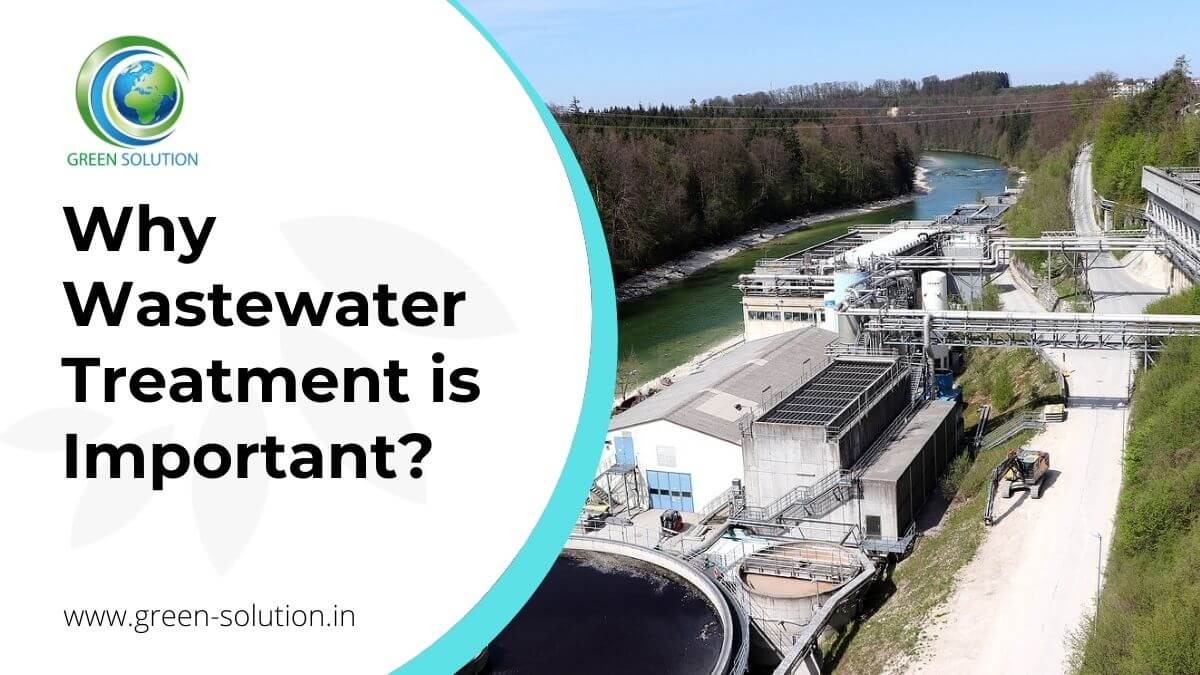9 Easy Facts About Reclaim Waste Explained
What Does Reclaim Waste Do?
Table of ContentsSome Known Factual Statements About Reclaim Waste All about Reclaim WasteThe smart Trick of Reclaim Waste That Nobody is Talking AboutReclaim Waste Things To Know Before You BuyReclaim Waste for Beginners
Explore the types, events, and types of liquid waste. Residential sewage waste describes the waste and products from a residential septic system. This kind of waste is produced by humans in residences, colleges, and various other structures. This only includes sewage-disposal tanks that have a drain field. The appropriate monitoring and disposal of residential sewer waste require liquid waste to be moved to a sewage therapy plant where the correct methods and tools are applied to cleanse and dispose of waste.
Industrial waste usually includes prospective dangers, such as combustible products or a blend of liquid and strong waste items, and needs an advanced and detailed disposal procedure. The disposal of business waste typically entails the filtration of waste prior to transportation to ensure secure and proper disposal. Industrial waste is developed from by-products and drainage of commercial processes and production.
This kind of waste can not use the same sewage administration transport or procedures as septic or industrial liquids. The hazardous waste management process requires the assessment and screening of fluid waste prior to it goes through the disposal process (industrial wastewater treatment). Overflow waste is the liquid waste that originates from runoff and excess stormwater in extremely inhabited locations or cities
Drainage waste can cause contamination and flooding if not handled correctly. Discover more regarding drain cleansing and waste monitoring. Making sure proper waste administration can prevent disasters and minimize environmental damage. Both people in household settings and professionals in business or production markets can take advantage of comprehending the procedures and laws of fluid waste management.
Some Known Facts About Reclaim Waste.
Get in touch with PROS Services today to find out about our waste monitoring and disposal solutions and the proper ways to look after the liquid waste you generate.
(https://www.callupcontact.com/b/businessprofile/Reclaim_Waste/9368278)Do you know what happens to your water when you disengage, flush the bathroom or drain the cleaning maker? No? Well, it's worth knowing. This so-called 'wastewater' is not just an important source yet, after treatment, will certainly be released to our land, rivers or the ocean. Used water from commodes, showers, baths, kitchen sinks, washings and commercial procedures is understood as wastewater.

water used to cool equipment or tidy plant and tools). Stormwater, a type of wastewater, is overflow that flows site from agricultural and city areas such as roofing systems, parks, gardens, roads, paths and gutters right into stormwater drains, after rain. Stormwater moves without treatment straight to local creeks or rivers, ultimately getting to the ocean.
How Reclaim Waste can Save You Time, Stress, and Money.
In Queensland, many wastewater is treated at sewer treatment plants. Wastewater is carried from residential or commercial websites via a system of sewers and pump terminals, known as sewerage reticulation, to a sewer therapy plant. City governments build, maintain and run most sewer therapy plants. Operators are licensed under the Environmental Management Act 1994 to release cured wastewater at an appropriate environmental criterion into waterways.
The Division of Natural Resources suggests neighborhood federal governments regarding managing, operating and maintaining sewerage systems and therapy plants. In unsewered areas, local governments may require householders to mount individual or house sewer treatment systems to deal with residential wastewater from commodes, kitchen areas, shower rooms and washings. The Division of Natural Resources authorizes the use of household systems when they are verified to be effective.
In some brand-new neighborhoods, therapy of some stormwater to remove clutter, sand and crushed rock has actually started utilizing gross toxin traps. Wastewater therapy happens in 4 phases: Gets rid of strong issue.
Wastewater after that moves right into large tanks where solids clear up and are eliminated as sludge. Grease and residue are skimmed from the surface area. Uses tiny living microorganisms called micro-organisms to damage down and get rid of remaining dissolved wastes and fine fragments. Micro-organisms and wastes are integrated in the sludge. Removes nitrogen and phosphorus nutrients that might create algal blooms in our rivers and endanger aquatic life.
Indicators on Reclaim Waste You Need To Know
Nutrient elimination is not available at all sewage treatment plants since it needs expensive specialised equipment. Clear fluid effluent generated after therapy may still consist of disease-causing micro-organisms - liquid waste removal.

This typically implies wastewater has to be treated or contaminants gotten rid of prior to it can be discharged to waterways. Most wastewater flows into the sewage system. Under the Act, regional governments carry out authorizations and licences for environmentally relevant tasks (Ages) including wastewater releases that might have a local impact. The department administers authorizations and licences to Ages involving wastewater launches that may have a regional or statewide influence.
The Best Guide To Reclaim Waste
Otherwise, samples are considered laboratory analysis. Usually numerous examinations are required to develop the degrees of each of the different contaminants such as oils, heavy steels and pesticides in water. Monitoring gives valid information concerning water top quality and can confirm that permit conditions are being satisfied. The information acquired with surveillance offers the basis for making water high quality decisions.